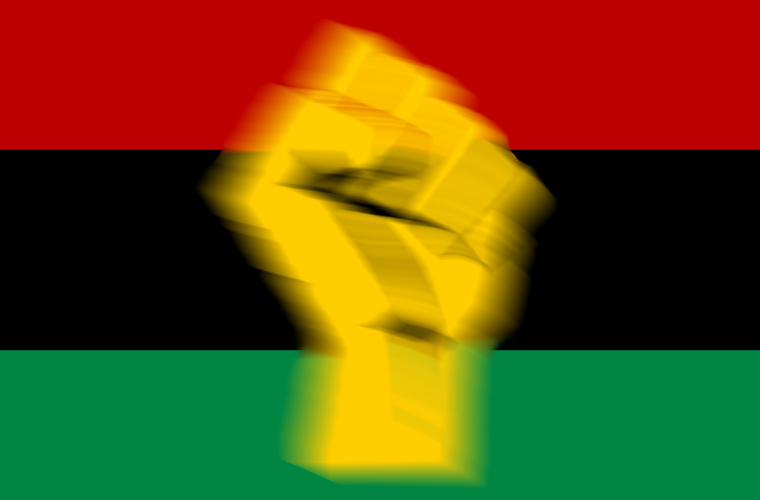Pan-Africanism is a political and social movement that emerged in the late 19th and early 20th centuries in response to the colonization and exploitation of Africa by European powers. The movement seeks to unite people of African descent around the world in a common struggle against racism, colonialism, and economic exploitation, and to promote the political, social, and economic empowerment of African people.
The idea of Pan-Africanism first gained momentum in the late 19th century with the formation of the African Association, a group of educated Africans and European sympathizers who sought to promote African unity and oppose European imperialism. The movement gained further momentum in the early 20th century with the founding of the Pan-African Congress, a series of international meetings of African and African diaspora leaders.
One of the key figures in the Pan-African movement was the Jamaican-born journalist and activist Marcus Garvey, who founded the Universal Negro Improvement Association (UNIA) in 1914. The UNIA promoted black nationalism and economic self-sufficiency and called for the creation of an independent African state. Garvey’s ideas inspired many African leaders, including Kwame Nkrumah, who would later become the first president of Ghana.
Another key figure in the Pan-African movement was W.E.B. Du Bois, an African American scholar, and activist who helped to found the National Association for the Advancement of Colored People (NAACP). Du Bois advocated for the political and economic empowerment of African Americans and Africans and called for the creation of an African state as a way to counteract the effects of colonialism.
In the post-World War II era, Pan-Africanism became a major force in the struggle for African independence. The first African Conference of Independent States, held in Accra, Ghana, in 1958, brought together leaders from across the continent to discuss the challenges of independence and to promote unity and cooperation among African nations.
Pan-Africanism continues to be an important force in contemporary politics, particularly in the struggle against racism, economic inequality, and neocolonialism. Today, Pan-African organizations such as the African Union and the Pan-African Parliament work to promote political and economic integration among African nations and to advance the interests of people of African descent around the world.

